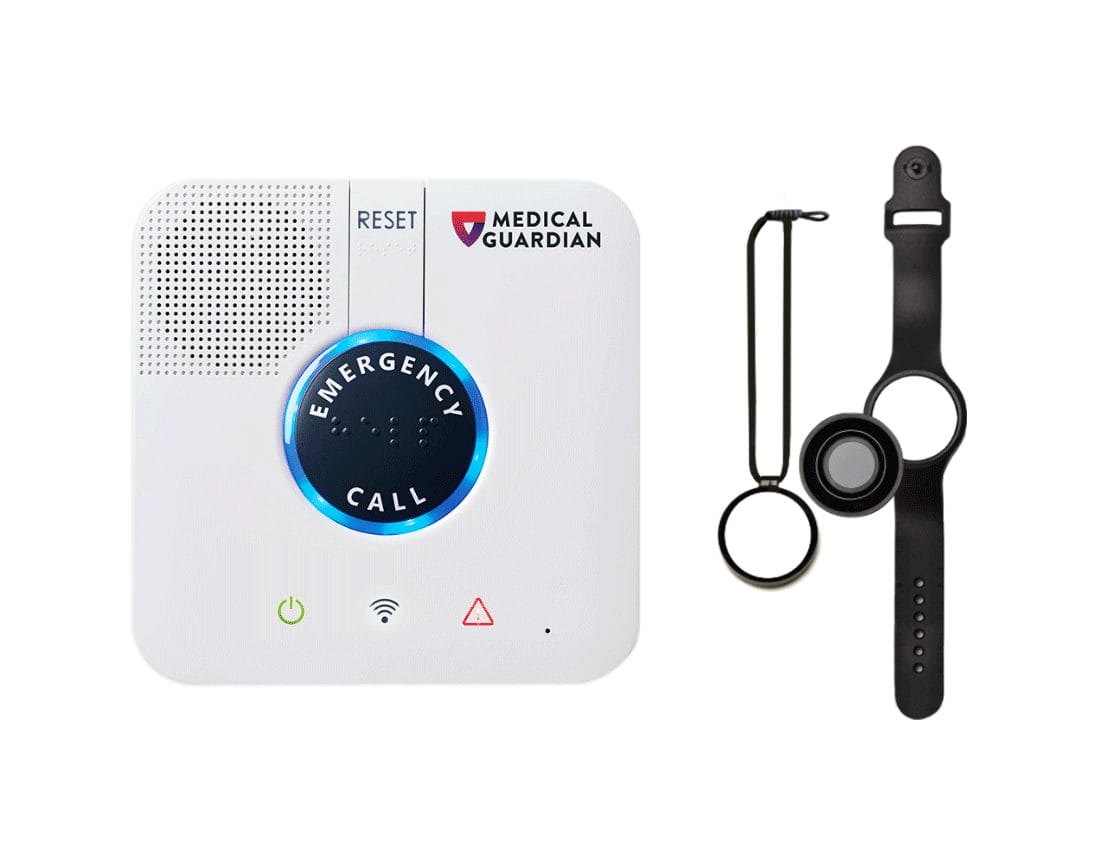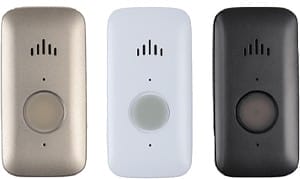
According to the Centers for Disease Control and Prevention (CDC), there are more than 15,000 skilled nursing communities (or nursing homes) nationwide. The search for proper care for a loved one or yourself is a complicated process, especially regarding payment. Your skilled nursing stay may be covered if you are eligible for Medicare. Find out how Medicare can pay for a stay at a skilled nursing facility.
What is skilled nursing care?
Skilled nursing facility care takes place outside of the home in a Medicare-certified community that provides medical (or skilled) services to individuals in need.
According to UnitedHealthcare, “Patients may go from the hospital to a skilled nursing facility to continue recovering after an illness, injury or surgery.” Skilled nursing communities can serve as long-term care residences or short-term, transitional care solutions to help someone recover from a medical event.
Residents are mostly older adults living with chronic conditions who need medical supervision and care management. Approximately 1.3 million residents live in nursing homes (as of 2017), approximately 0.5% of the population.
Does Medicare pay for a stay in a skilled nursing facility?
Medicare does pay for certain parts of a skilled nursing facility stay. There are specific circumstances and sequences of events that have to be considered first.
Here are some of Medicare’s qualifying criteria to cover a short-term stay in a skilled nursing facility:
- •You have Medicare Part A and have hospital insurance days remaining in your benefit period.
- •You have a “qualifying inpatient hospital stay.”
- •Your doctor has certified that you need skilled nursing care.
- •You searched for and want to be admitted into a Medicare-certified community.
- •Your condition is related to your hospital stay or occurred while you were in the hospital.
What is a qualified inpatient hospital stay?
Medicare covers skilled nursing care after a qualifying inpatient hospital stay. This means that, throughout your stay, doctors have determined a medical necessity for skilled nursing care after you are discharged. Staying in the hospital “under observation” only typically does not qualify.
The hospital stay must include more than three inpatient days, as stated in the Two-Midnight Rule, for Medicare Part A to cover a subsequent stay in a skilled nursing facility.
There are constraints to skilled nursing facility coverage from Medicare. Skilled nursing stays will not be covered if you only need “custodial care.” This is a type of care that unlicensed professionals can provide.
In addition, your skilled nursing facility admission has to occur within 30 days of your discharge from the hospital for a reason related to your inpatient hospital stay. For example, if you were admitted into the hospital for congestive heart failure but want to be admitted into skilled nursing care for an untreated back injury (that did not occur at the hospital), this would not count.
What timeframe does Medicare cover skilled nursing care?
Medicare has certain guidelines regarding the timing and length of stay when determining whether it will cover skilled nursing care.
- •For days 1-20 at the skilled nursing facility, the patient incurs no costs associated with this care.
- •For days 21-100, the patient pays a daily 20% coinsurance. This means that Medicare pays 80% of the daily costs, and you are responsible for the other 20%.
- •There is a 100-day limit on skilled nursing facility coverage per benefit period. Your benefit period begins the day that you are admitted to the skilled nursing facility. This means that on the 101st day, you are responsible for paying 100% of the daily costs.
What services within an SNF might Medicare pay for?
Medicare pays for medically necessary services, which means that it would only be paying for:
- •Shared rooms (you would likely not be the only person staying in the room).
- •Meals.
- •Medical care provided by a licensed vocational nurse, licensed practical nurse, registered nurse, nurse practitioner, or physician.
- •Therapies pertinent to your care (if you are admitted for a leg injury, speech therapy, for example, would not be covered).
- •Relevant social services.
- •Prescriptions and medications that will help you achieve your health goals.
- •Supplies and durable medical equipment.
- •Emergency transportation (if other modes of transportation would hinder one’s health).
What to do if you’re looking for skilled nursing care
You might be looking for a skilled nursing facility while you or your loved one is still in the hospital. Don’t wait to start your search if they’re in the hospital now. You may only have one or two days’ notice of the hospital’s plan to discharge the patient, and it’s important to find the right facility that meets your or your loved one’s needs.
If you’re in the hospital
If you want to know if Medicare will cover your skilled nursing care, keep in close contact with discharge planners, such as your case manager or social worker, from the time you’re admitted to the hospital and one is assigned to you.
The hospital case managers and social workers likely have lists of facilities in the area. You should also research to find a facility near you and to ensure that the facility you choose offers the services you need and has good reviews.
When contacting potential skilled nursing facilities for your stay, confirm they are certified to provide Medicare-covered care. They’ll be able to provide you with clear financial details on paper.
If you’re at home (or in a senior living community)
Contact your doctor to confirm your medical need for this type of care. When evaluating providers of skilled nursing care, contact the facility’s admissions director to confirm that it is a Medicare-certified provider.
You can also look at ProPublica, which has published over 80,000 inspection reports that detail facility fines, violations, and more.
Conclusion
The search for skilled nursing is complex, but knowing that Medicare covers some of its services can bring peace of mind. Several other ways to pay for skilled nursing care include long-term care insurance, Aid and Attendance for Veterans, and more.








